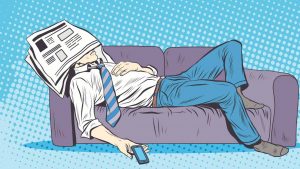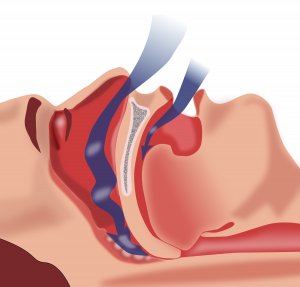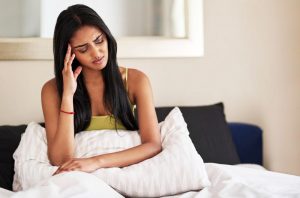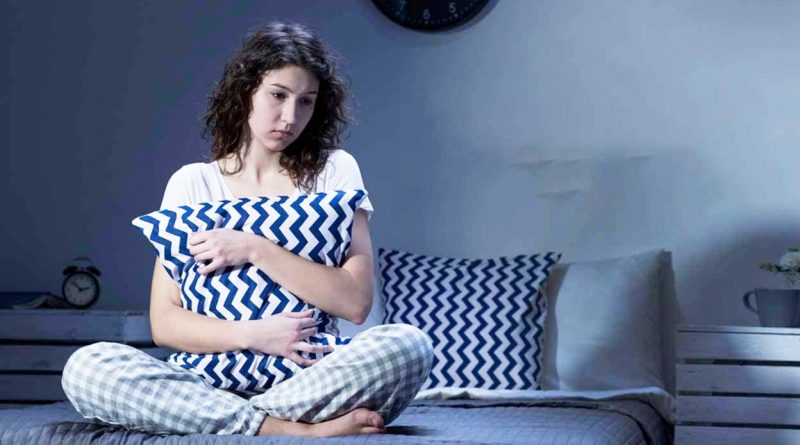Sleep Well, Live Well

Sound, adequate nighttime sleep is integral to a long life. Instead of relying merely on sleeping pills, one needs to adopt lifestyle adjustments which include reducing stress and anxiety by exercising, creating and sticking to a regular sleeping schedule….
By Dr Animesh Arya
 Sleep hygiene is a variety of different practices and habits that are necessary to have good nighttime sleep quality and full daytime alertness. One of the most important sleep hygiene practices is to spend an appropriate amount of time asleep in bed, not too little or too excessive. Sleep needs vary across ages and are especially impacted by lifestyle and health conditions.
Sleep hygiene is a variety of different practices and habits that are necessary to have good nighttime sleep quality and full daytime alertness. One of the most important sleep hygiene practices is to spend an appropriate amount of time asleep in bed, not too little or too excessive. Sleep needs vary across ages and are especially impacted by lifestyle and health conditions.
But today increasing sleep disorders due to hectic lifestyle highly affect the ability to sleep well on a regular basis. Most people occasionally experience sleeping problems due to stress, hectic schedules, and other outside influences. However, when these issues begin to occur on a regular basis and interfere with daily life, they may indicate a sleeping disorder.
Symptoms can differ depending on the severity and type of sleeping disorder. They may also vary when sleep disorders are a result of another condition.
 Types
Types
There are numerous types of sleep disorder like insomnia and hyper insomnia. Insomnia refers to the inability to fall asleep or to remain asleep. It can be caused by jet lag, stress and anxiety, hormones, or digestive problems. It may also be a symptom of another condition. Insomnia can be very problematic for your overall health and quality of life, potentially causing depression, difficulty concentrating, irritability, weight gain and impaired work performance.
Hypersomnia, which refers to either excessive daytime sleepiness or excessive time spent sleeping, is a condition in which a person has trouble staying awake during the day. People who have hypersomnia can fall asleep at any time — for instance, at work or while they are driving. They may also have other sleep-related problems, including a lack of energy and trouble thinking clearly.
Sleep apnea is a potentially serious sleep disorder in which breathing repeatedly stops and starts. If you snore loudly and feel tired even after a full night’s sleep, you might have sleep apnea. The main types of sleep apnea are: Obstructive sleep apnea, the more common form that occurs when throat muscles relax. The most common symptom of sleep apnea is snoring. However, not everyone who snores has sleep apnea. Snoring is likely to be a sign of sleep apnea when it is followed by silent breathing pauses and choking or gasping sounds. People with sleep apnea often have daytime sleepiness or fatigue.
 Causes
Causes
Stress and anxiety often have a negative impact on sleep quality. It can be difficult for you to fall asleep or to stay asleep. Nightmares, sleep talking, or Nocturia, or frequent urination, may disrupt your sleep by causing you to wake up during the night. Hormonal imbalances and diseases of the urinary tract may contribute to the development of this condition; sleepwalking may also disrupt your sleep.
In some cases, sleep disorders can be a symptom of another medical or mental health condition. When sleep disorders aren’t caused by another condition, treatment normally involves a combination of medical treatments and lifestyle changes.
Sleep problems may also stem from intrinsic sleep disturbances such as pain, problems with sleep apnea, or narcolepsy that was present before the injury but has been worsened by brain trauma. Or extrinsic sleep disturbances, which are environmental disruptions of sleep patterns due to noise, temperature fluctuations, or other stimuli.
Effects
It is important to know about a diagnosis and treatment right away if one suspects for sleep disorder. If left untreated, the negative effects of sleep disorders can lead to further health consequences. This can also affect performance at work, cause strain in relationships, and impair ability to perform daily activities.
Depending on the type of sleep disorder, people may have a difficult time falling asleep and may feel extremely tired throughout the day. The lack of sleep can have a negative impact on energy, mood, concentration, and overall health.
The effects of sleep disorders can be so disruptive that one craves for immediate relief. Unfortunately, long-term cases can take a bit more time to resolve. However, if one sticks with the regular treatment plan he/she can eventually find the way to better sleep.
Chronic sleep deprivation can lead to more serious episodes of sleepiness, like microsleep attacks. These are events in which a person still appears to be awake and behaves automatically, but without conscious awareness. These are irresistible sleep attacks that are very dangerous in terms of people behind the wheel or who operate heavy machinery
Treatment
Treatment for sleep disorders can vary depending on the type and underlying cause. Medical treatment for sleep disturbances include sleeping pills, melatonin supplements, allergy or cold medication, medications for any underlying health issues, breathing device or surgery (usually for sleep apnea) and a dental guard (usually for teeth grinding).
Lifestyle adjustments can greatly improve the your quality of sleep, especially when they are done along with medical treatments which include reducing stress and anxiety by exercising, creating and sticking to a regular sleeping schedule, use mattress and pillow very comfortably and room temperature not more 22 degree centigrade. Going to bed and waking up at the same time every day can also significantly improve your sleep quality. While you might be tempted to sleep in on the weekends, this can cause disturbances in your sleep cycle.
(The author is, Pulmonologist, Senior Consultant, Sri Balaji Action Medical Institute, New Delhi)


I get read your own article. It’s extremely helpful. We will benefit a great deal from the item. Fluent